A person who includes seafood, such as fish and crabs to a vegetarian diet, is regarded as a pescatarian.
A number of people forgo eating meat and opt for fish for different reason. One major reason vegetarians add fish to their diet isn’t only for the plant-based benefits but for the heart-healthy benefits, amongst other reasons.
For other people, they might just enjoy the taste more than they like the taste of meat, while others might be trying to control the environmental play of their diet.
This article is focused on informing you about the possible benefits and disadvantages of a pescatarian diet. It also includes what a pescatarian should and shouldn’t eat.
What does the term “pescatarian” mean?
The term pescatarian was formed as far back as the early 90’s. It is a combination of two Italian words for fish, “pesce,” and “vegetarian.”
Simply put, a pescatarian is a person who is on a vegetarian diet, but also include fish and several other seafoods to what they eat.
It’s a largely plant-based eating routine that comprises of nuts, whole grains, produce and healthy fats, legumes, and vegetables with sea foods being the main source of protein. Many pescatarians also take it a step further by eating eggs and dairy foods.
Why do people opt for a pescatarian diet?
There is a number of possible reasons why people choose to be pescatarians and some of them include;
1. Ethical reasons
Ethics has become a key reason why people would rather become vegetarians. It can also be a reason for people to become pescatarian as an alternative switch. Some ethical reasons many people would prefer pescatarians to avoid eating meat include:
- Unsafe labor conditions: Some people don’t support factory farms with poor conditions for farm workers.
- Inhumane practices: Inhumane conditions of farm animals doesn’t sit well with a number of people.
- Against animal slaughter: They don buy into the idea of killing animals for food.
- Humanitarian reasons: They consider grain production for animal feed as an unjust use of land space and resources. Especially since there’s so much hunger around the globe.
2. Health benefits
There are countless number of benefits of plant-based diets that have been proven to minimize the risk of obesity, lower the risk of heart diseases and control diabetes, among many other things. Research also shows that there tons of protective benefits that a pescatarian diet can provide.
Other benefits of a pescatarian diet in women includes fewer healthy weight gain of up to 1.1 kg per year than women who consume meat, reducing risk of diabetes and obesity. This simply means, minimal consumption of animal reduces excess weight gain.
Further studies shows makes us to understand that people on pescatarians diet had a minimal lower risk of having diabetes by 4.8%, leaving people who consume meat at 7.6%.
Other studies indicates that people on pescatarian diet or people who rarely ate meat had a 22% reduced risk of dying from heart related disease compared to constant meat-eaters.
3. Environmental concerns
A high environmental cost comes with raising livestock. Raising livestock contributes to about 15% of all man-made carbon emission, according to report from UN. In contrast, the production of fish and seafood has a reduced carbon footprint that the production of any animal cheese or meat.
A research carried out in 2014, conducted a calculated which revealed that a diet of fish eaters was responsible for 46% less emission of greenhouse gas than the diet of individuals who consume at least one serving of meat per day.
The list of food pescatarians can eat includes;
- Eggs
- Fruits
- Vegetables
- Nuts and seeds
- Whole grains and grain products
- Legumes, including lentils, beans, hummus and tofu
- Seeds, including flaxseeds, chia and hemp seeds
- Shellfishes and fishes
The list of food pescatarians shouldn’t eat includes;
- Chicken
- Pork
- Lamb
- Beef
- Wild game
- Turkey
There are tons of health benefits of including fish to a vegetarian diet.
People get worried that there could be some health risk if animal products is excluded in their diet. Particularly, zinc, vitamins B12, protein and calcium can sometimes be difficult to get just being a vegetarian.
Including seafood, fish, mollusks and crustaceans to a vegetarian diet can be considerably beneficial to the health.
How to get Omega-3s?
Fish is the easiest and best way to get omega-3 fatty acids. Plant foods, including flaxseeds and walnuts, have alpha-linolenic acid (ALA), an omega-3 fat. Nevertheless, this type of ALA isn’t easily converted to docosahexaenoic acid (DHA) and eicosapentaenoic acid (EPA) in the body.
EPA and DHA have been proven to provide some health benefits in helping not just the brain function, but the heart. Oily fishes like sardines and salmon are good sources of EPA AND DHA.
Other benefits of being a pescatarian
It can be limiting sometimes being a vegetarian. For people who are concerned about how healthy their food combination is, becoming a pescatarian gives room for wider options. The good thing is, fish can be eaten baked, fried, sautéed or grilled.
Are there disadvantages to being a pescatarian?
There aren’t many health disadvantages of being a pescatarian, asides the believe that pescatarians can become vulnerable to high fish or seafood intake. This is because fish, especially large ones, can carry mercury in them, as well as other toxins.
This is the reason why the US Food and Drug Administration (FDA) advise that children and women within childbearing age, including expecting mothers and nursing mothers, should exclude swordfish, tilefish, king mackerel and sharks.
A pescatarian diet is one of the healthiest and it lets you avoid some of the environmental and ethical issues linked with diets that include meat. It also increases your option compared to a normal vegetarian diet.
Are you a pescatarian? How have you benefited from being a pescatarian? Share with us in the comments.

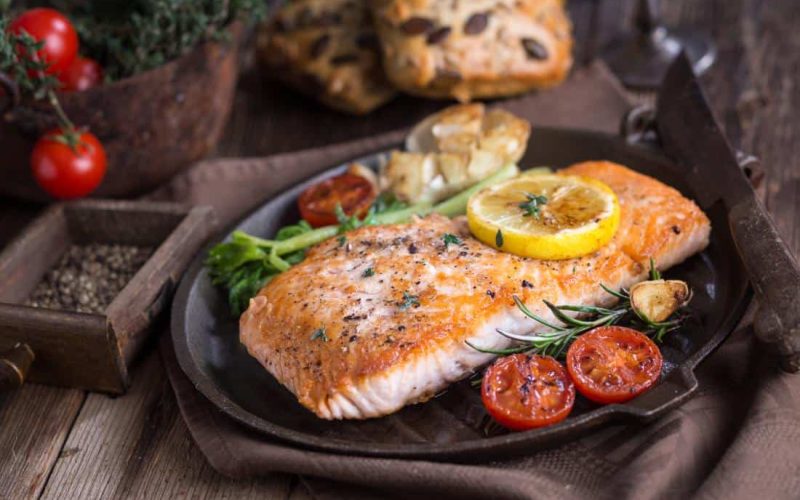
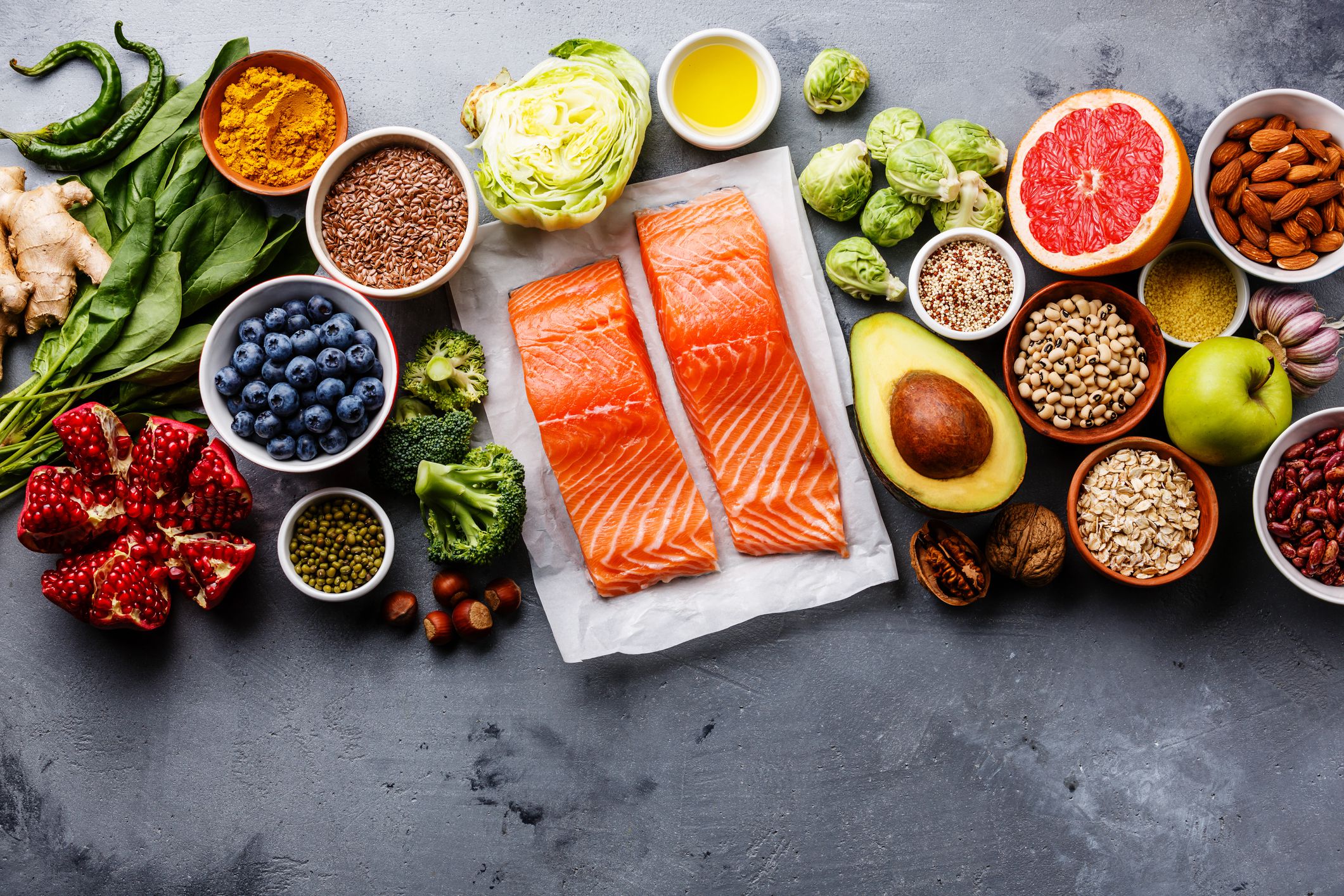
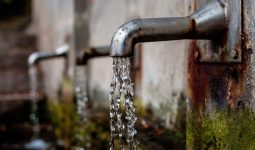
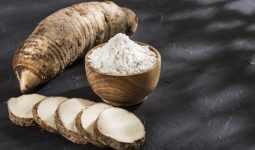
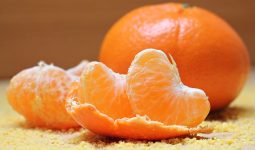

Very informative post. It cleared all my doubts related to this topic.